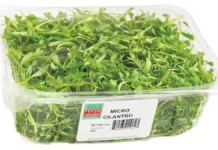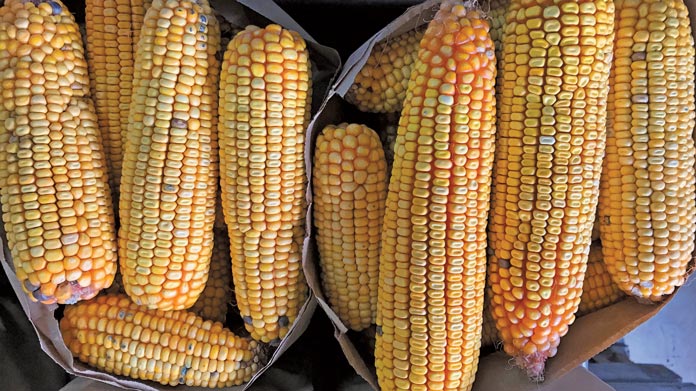
November is one of the most significant months of the year for me – a time to remember to give thanks for everything the earth provides… not from the American perspective tied to Thanksgiving and the associated traditions, rather from an ancient Greek tradition honoring the land, and the Goddess who blessed it to be bountiful.
So what exactly is this ancient tradition?
There are certain agricultural trends in Greece for specific and important crops which dictate that the end of November indicates the culmination of the sowing season (the planting of the seeds), and the commencement of the growing season (as seeds germinate, they must be tended to in order to ensure an abundant harvest).
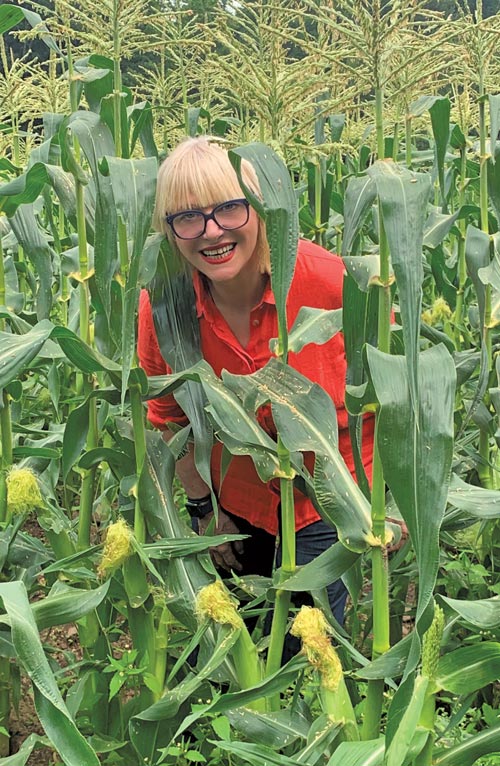
In Ancient Greece, thanks were given to the land by paying homage to Demeter, the Goddess of Grains and Agriculture. Farmers would make sacrificial offerings to show respect to mother earth and the fertile soil. This custom was so important and prolific, it transcended time and belief systems, and was ‘consumed’ by the Greek Orthodoxy, becoming known as the Feast Day of the Presentation of the Virgin Mary. The connectivity between the two traditions stems from a play on the words ‘Isodos’ and ‘Esodia’, – which translate to ‘Entrance’ and ‘Yield’, respectively, which subtly intertwines annual ancient agricultural practices with religious beliefs.
More specifically, on November 21st every year, the preparation of a particular dish known as Polysporia, which means multiple grains and legumes, occurs across Greece with distinct variations.
Tradition holds that the women of the household would boil the different grains, beans, seeds, and even corn the overnight on November 20th, so they would become tender, adding other beans and grains later that don’t require as much time to cook through. Polysporia, as a dish itself, is a sort of grain and bean soupy stew, which serves as a base to become either savory, or more commonly, sweet through the addition of a touch of cinnamon and honey.
It was common to make large batches of Polysporia, so that there was more than enough for not only a family feast, but for the neighbors and community as well. In the morning on November 21st, a serving of Polysporia would be taken to the church in order for the dish (and the family that brought it) to be blessed with a good harvest. Following the service, the people of the village would walk around with servings of Polysporia to share with the community, wishing their neighbors a good and fruitful harvest.
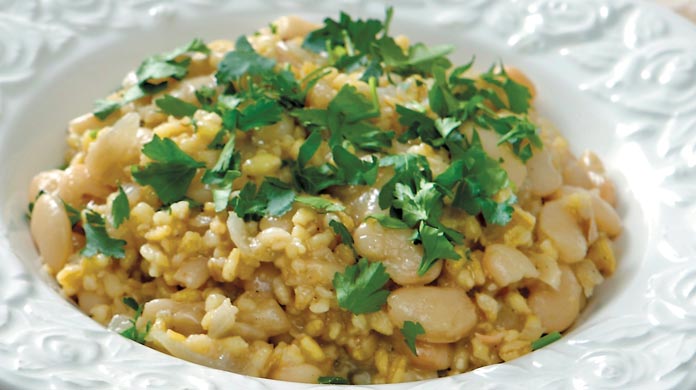
A Walk Down Memory Lane…
This is what I remember most fondly about this time of year, going from door to door with my Papou and Yiayia (that’s Grandfather and Grandmother in Greek, respectively), with great excitement, to wish everyone a “good harvest.” My Papou took the time to explain to me that the agricultural cycle was intimately tied with food security and fertility, and thereby life and death. And because these things were so closely intertwined, this is the time where we must be thankful for our harvest, and give thanks as our ancestors did before us. It was a big deal for me at eight years old to be invited to join my Papou and Yiayia for this! Not only do I still have the pot my Yiayia used to cook the Polysporia in, but I still use it when I cook for family gatherings even today.
Thankful… Grateful… or Grain-ful?
As I got older, and learned about the American tradition of Thanksgiving, I was pleasantly surprised by the general spirit of the holiday – not only the harvest-related origins from colonial times, but the modern incarnation of what the holiday symbolizes today – family, friends, and food.
Although the two traditions are a little different, both have beginnings that started with honoring mother earth. While the Greek holiday celebrates the life cycle of seeds from sowing to growing, and the American holiday celebrates the harvest; the intent behind both traditions is to give thanks to the land for bearing the seeds, growing them, and protecting them until the harvest season.
What is interesting and exciting, however, is the kind of foods that populate both the American Thanksgiving table, and Greek tables celebrating the Feast of the Virgin Mary on November 21st… can you guess the common denominator? That’s right… it’s beans
and grains!
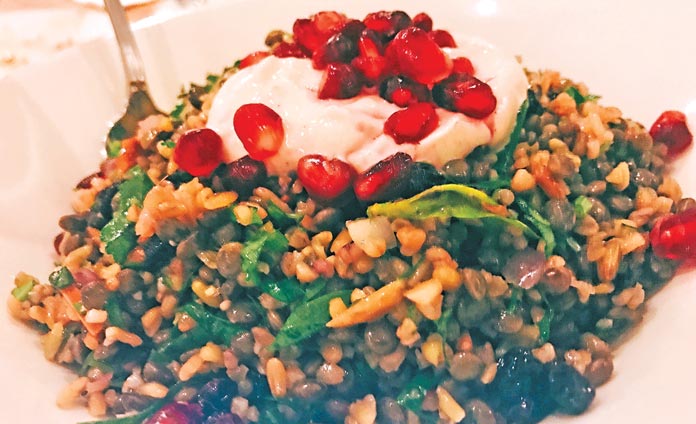
Polysporia for All
When it comes to Polysporia, the namesake dish of this article, the addition of grains such as sitari (wheat berries), krithari (barley), or pligouri (bulgur) balances out the texture of the dish. The unique factor is the kalaboki (corn), which creates a unique flavor balance in the dish, marrying the earthy qualities with a hint of sweetness as the base of the dish.
What’s so exciting about Polysporia is the ability to make it sweet or savory…traditionally in the villages, cinnamon and honey were added to make this into a sweet-style porridge-esque dish. But, if you follow my Yiayia, the addition of caramelized onions, garlic, and a bit of Feta cheese made this one the most craveable dishes of the year.
Whatever you choose, make sure you remember this holiday season to give thanks, not only for our friends and family, but for the gastronomic bounty on your table, and from whence it all came… the earth. Wishing everyone a good harvest! Kalí órexi! Enjoy your meal!
All Photos courtesy of Loi Estiatorio























